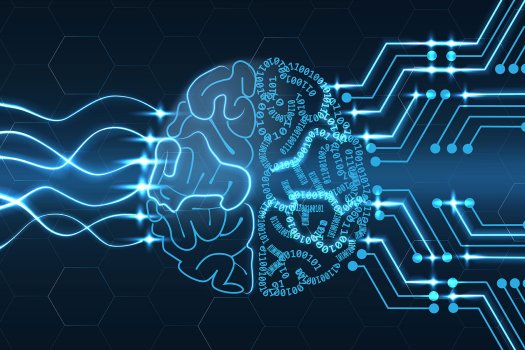Advances in computing power, the availability of data and of new algorithms have led to rapid progress in the field of artificial intelligence (AI). This is “the single most influential human innovation in history,” says Archana Sinha. Deployed wisely, AI holds the promise of addressing some of the world’s most pressing challenges, but it may also have destabilizing consequences on some key dimensions of economic and social life.
In manufacturing, AI promises to increase productivity by extending the capabilities of humans and by helping businesses achieve more efficiency, including through direct automation, predictive maintenance, reduced downtime, 24/7 production, etc. However, as Ezekiel Kwetchi Takam rightly points out, “this automation will be deployed at the expense of some human labor whose skills will be deemed irrelevant.”
In public administration, the adoption of AI can contribute to better public services, for example, by interacting with service users through virtual assistants or by enabling smarter analytical capabilities and better understanding of real-time processes. There is a risk, however, when using data, to amplify existing biases and produce discriminatory and unethical outcomes for different individuals. Moreover, as economist Etienne Perrot explains, “by developing algorithms based exclusively on computation and stochastic data, AI substitutes statistical correlations for (human) causal relationships. The lack of conflicting interpretations inherent in AI creates a human cost that can already be observed in predictive justice.”
Continue reading: https://www.fairobserver.com/business/technology/from-virus-to-vitamin-artificial-intelligence-ai-technology-tech-news-82399/
In manufacturing, AI promises to increase productivity by extending the capabilities of humans and by helping businesses achieve more efficiency, including through direct automation, predictive maintenance, reduced downtime, 24/7 production, etc. However, as Ezekiel Kwetchi Takam rightly points out, “this automation will be deployed at the expense of some human labor whose skills will be deemed irrelevant.”
In public administration, the adoption of AI can contribute to better public services, for example, by interacting with service users through virtual assistants or by enabling smarter analytical capabilities and better understanding of real-time processes. There is a risk, however, when using data, to amplify existing biases and produce discriminatory and unethical outcomes for different individuals. Moreover, as economist Etienne Perrot explains, “by developing algorithms based exclusively on computation and stochastic data, AI substitutes statistical correlations for (human) causal relationships. The lack of conflicting interpretations inherent in AI creates a human cost that can already be observed in predictive justice.”
Continue reading: https://www.fairobserver.com/business/technology/from-virus-to-vitamin-artificial-intelligence-ai-technology-tech-news-82399/

